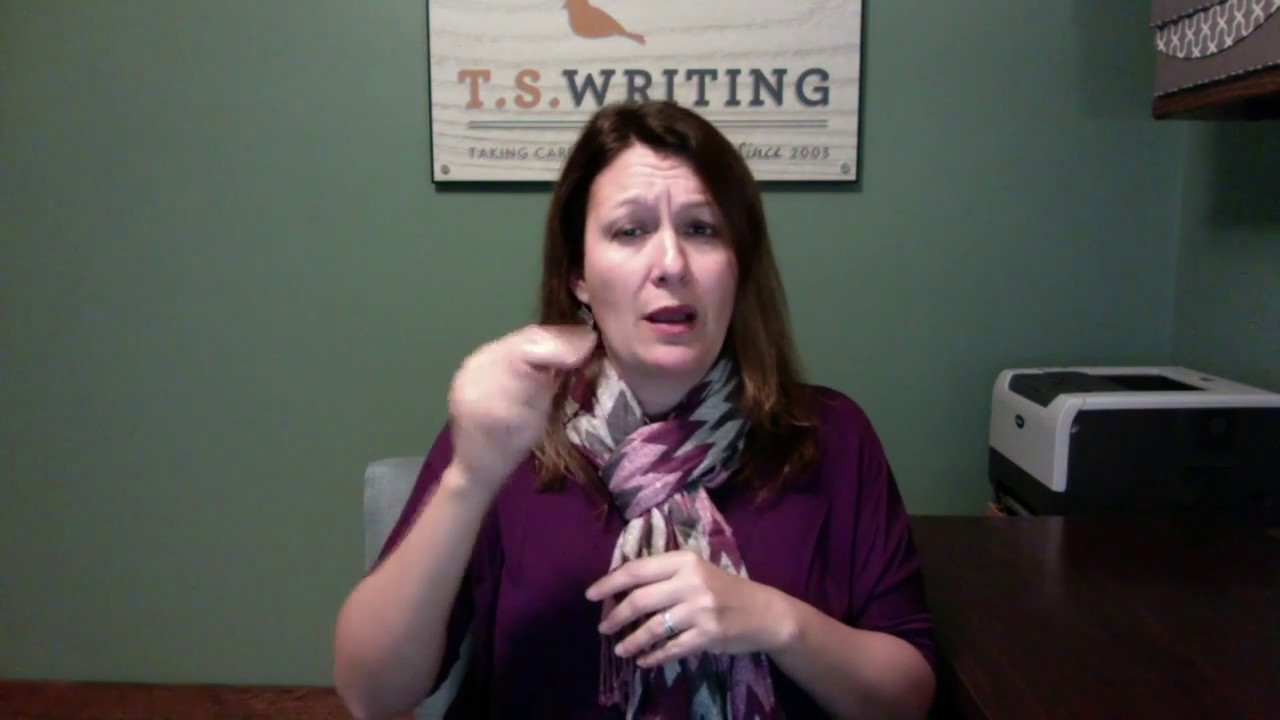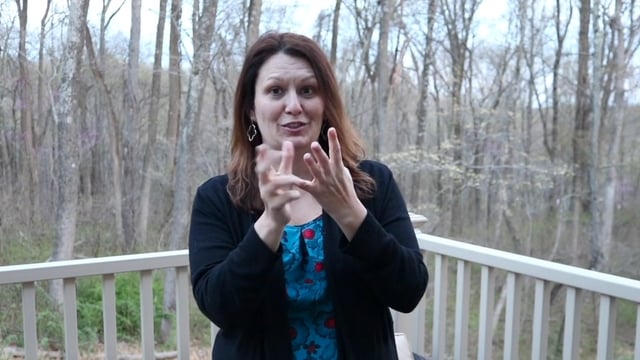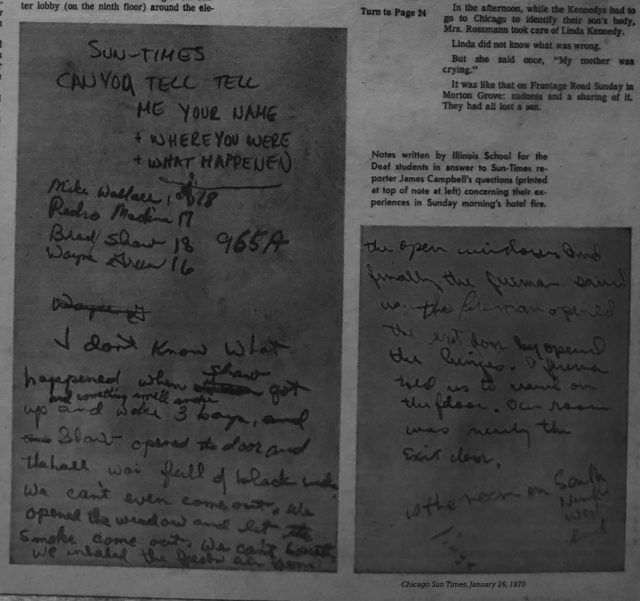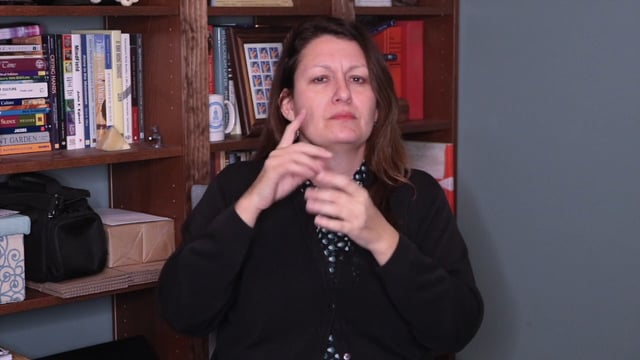This article originally appeared at i711.com.
It was a question that lingered in many people’s minds, including ours. We all wondered, given that my husband is a third-generation deaf person and I second-generation, whether our new baby would be deaf or hearing. My husband and I threw out the obligatory “The important thing is our baby’s healthy” to anyone who asked. We had sent in our blood to Gallaudet’s genetics program for testing in the fourth month of my pregnancy, but knew the results would arrive after our child’s birth. Either way, it wouldn’t have made a difference for us if the baby was deaf or hearing. Even so, we couldn’t help but wonder in the back of our heads. All we could do was wait.
Meanwhile, I worked with area agencies to enact legislation a statewide early hearing detection and intervention program (EHDI), knowing it’d have an impact upon thousands of lives, including mine. I also made sure I stayed in good physical shape, and counted down the days.
The day after Eavan was born, we asked about her hearing test as mandated by the EHDI law. The nurse said unconcernedly that Eavan had tested as deaf earlier that morning, but had also been fussy so the test would be redone. My husband and I nodded, then we moved onto other topics.
Distracted by a million things, we didn’t give the test another thought until the following morning when the nurse came into our room. When asked, the nurse smiled with an enthusiastic nod, giving us a thumbs up. That threw us off momentarily—what did the thumbs up mean? After a short pause, I asked, “She’s deaf?” The nurse nodded and went to check my blood pressure. Nothing more was said, and we busied ourselves getting ready to go home.
Our own mothers and countless people had told us horror stories of how nurses were sad, uncomfortable, or even domineering in sharing hearing test results – which then affected the parents’ reactions. We were astounded—and encouraged—by the optimistic “it’s no big deal” attitude at District One Hospital. In fact, a couple of times throughout my pregnancy, we were asked about genetic ‘defects’ in our families. Whenever we mentioned our deaf families, the nurses always said, “No, that doesn’t count as a genetic defect.” Our doctor was equally nonchalant about the hearing issue.
Of course, this is very different for hearing parents with no prior history. But think about it: what if medical folks everywhere were as laid-back and optimistic? What if they were empathetic with parents faced with the often-overwhelming news of their child testing as deaf? What if nurses and doctors didn’t rush to engulf parents with so-called solutions or doomsday predictions? Would this make a difference in how parents initially react? I think so, although I can never put myself in those parents’ shoes.
If doctors were neutral but encouraging, perhaps parents wouldn’t respond with the same amount of shock or negativity that they typically do; human nature is hard to predict. All too often, how we react to something is fueled by the amount of negativity involved, or the lack of.
Maybe my husband and I shouldn’t have been so surprised by District One Hospital’s matter-of-fact approach. After all, this is a town with a large deaf population and the Minnesota State Academy for the Deaf. The hospital has had hundreds, if not thousands, of deaf patients over the years. The staff there knows being deaf isn’t a death sentence, and they were prepared in what resources to offer.
Even so, it was a relief to us to not have to deal with uninvited negativity upon learning Eavan’s hearing status. We were simply more concerned about her jaundice, whether she was pooping enough, and if she was warm enough. The hospital provided all the right resources, support and information for us – without a trace of pity or sorrow. That was exactly how we wanted our birth experience to be, especially with such a healthy baby who delights us every single day.
Copyrighted material. This article can not be copied, reproduced, or redistributed without the express written consent of the author.




